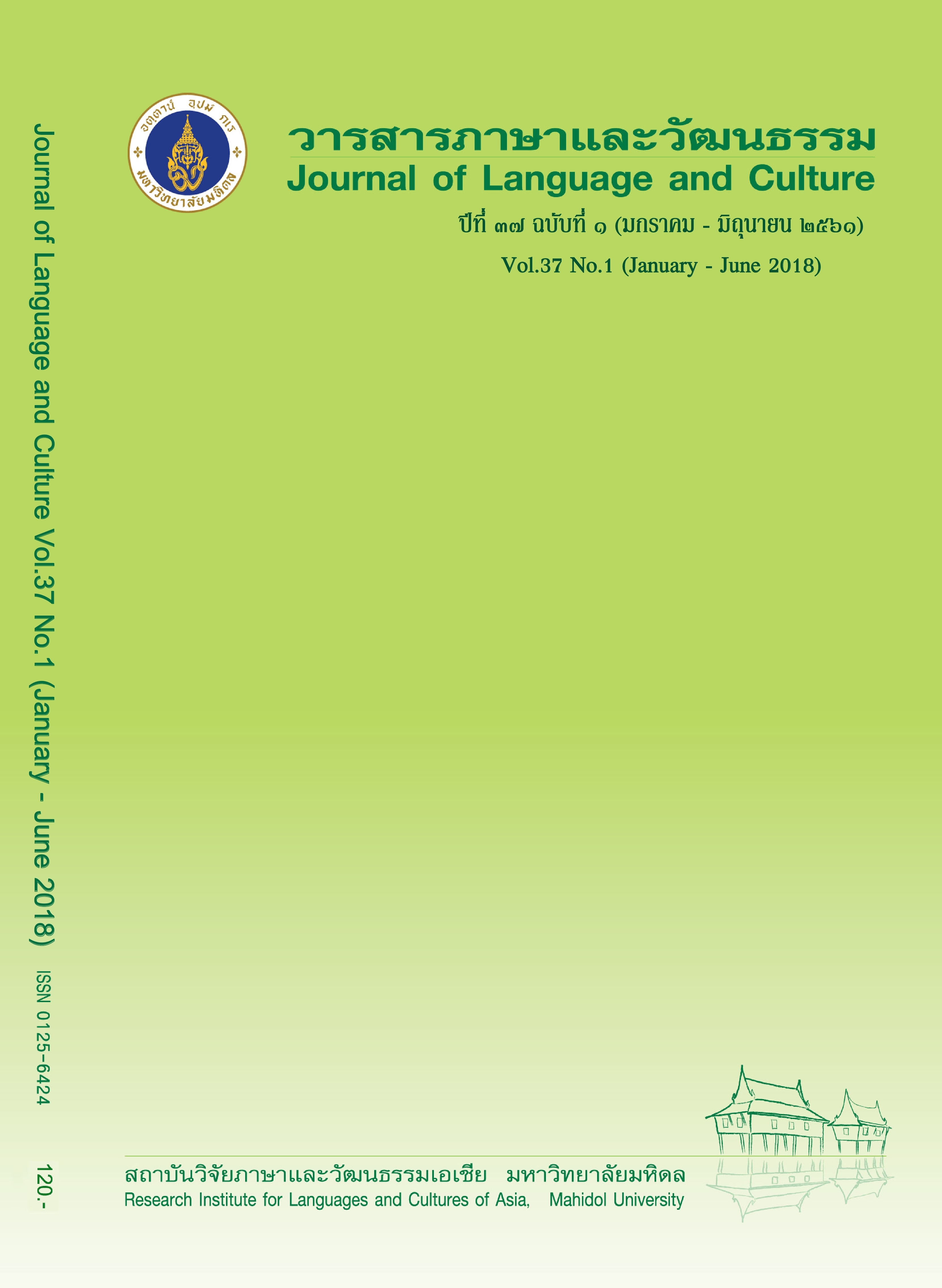Urban Dystopia in Japanese crime fiction Strawberry Night
Main Article Content
Abstract
Contemporary Japanese literature often employs an urban setting. In the case of Japanese crime fiction, the city is often described as chaotic and dark, in other words, “dystopian”. The crime fiction Strawberry Night (ストロベリーナイト, 2008), set against a backdrop of urban Tokyo, presents dystopian images of the city as well as dark representations of the characters – especially the protagonist, a serial killer – to bring to light social problems that have resulted from the transition to modernity. Moreover, the novel describes the way the urban space and the serial killer’s psyche melt into and become indistinguishable from each other. This “psychotopography,” or blending of space and psyche, points to the monstrosity that lurks within the cityscape and suggests that the modern city, rather than being a locus of peace, order and progress, is a place full of danger and crisis.
Article Details
The articles featured in the Journal of Language and Culture (JLC) constitute academic works representing the viewpoints of the respective author(s). It is crucial to note that these opinions do not necessarily reflect those of the Editorial Board.
All articles published in JLC are released under the Creative Commons Attribution 4.0 International License (CC BY 4.0). This license grants permission for unrestricted use, distribution, and reproduction in any medium, provided proper credit is given to the original author(s) and the source.


